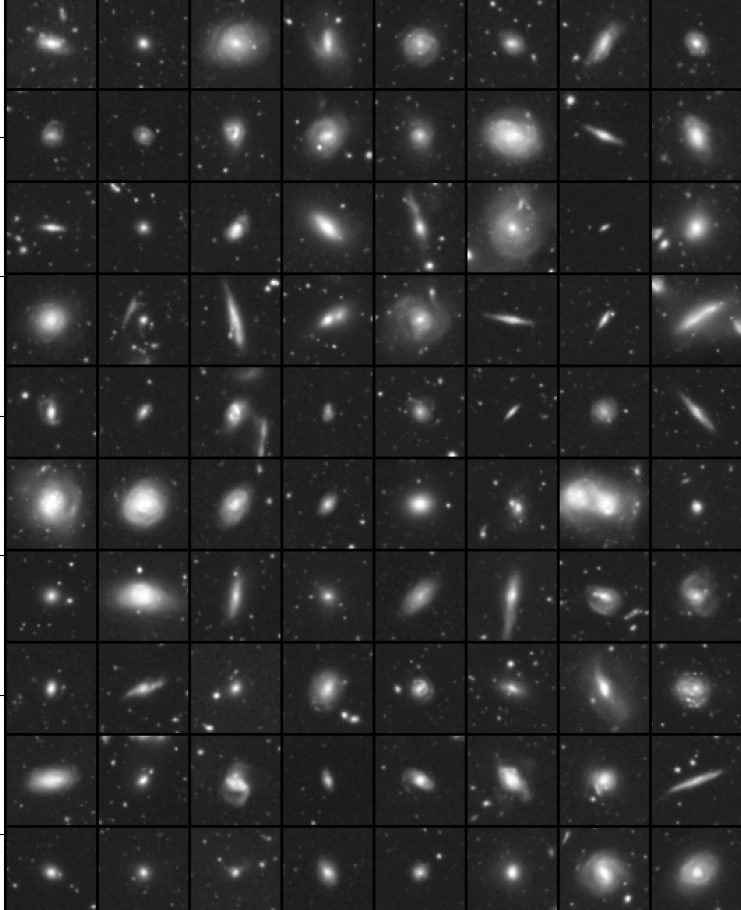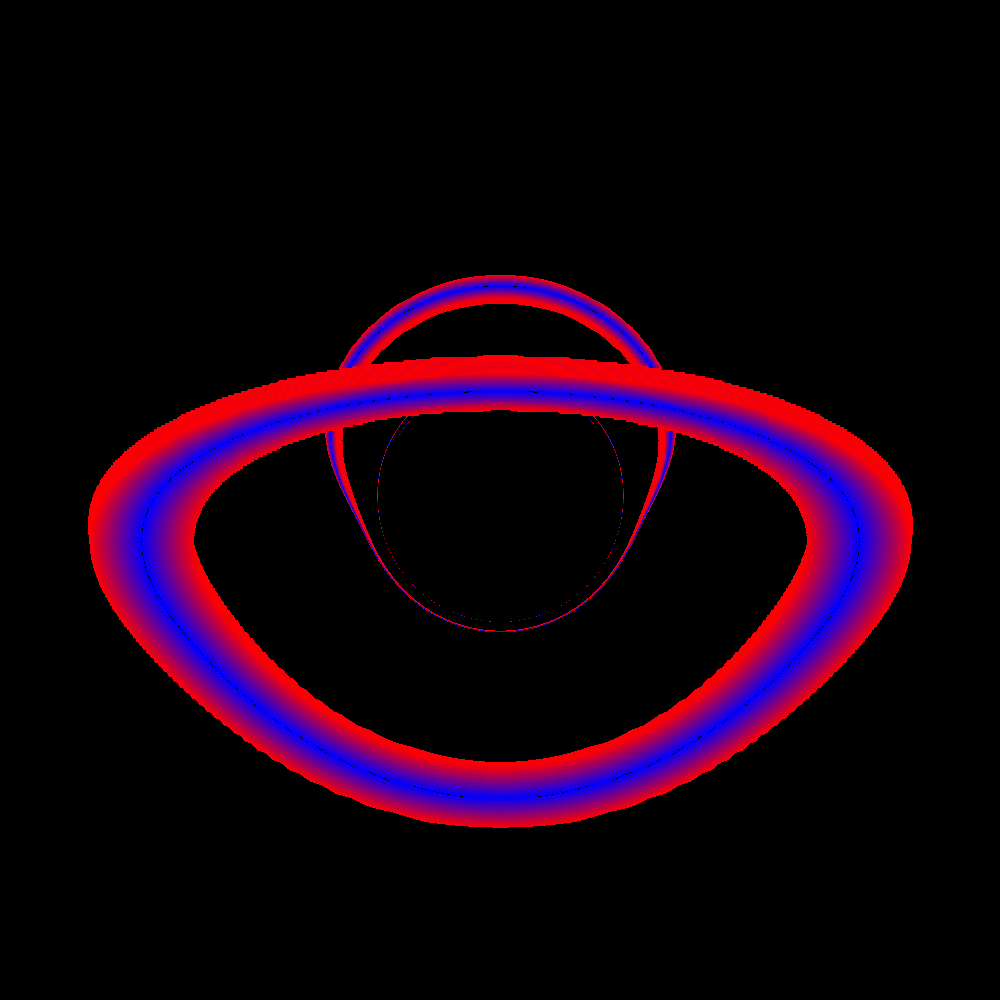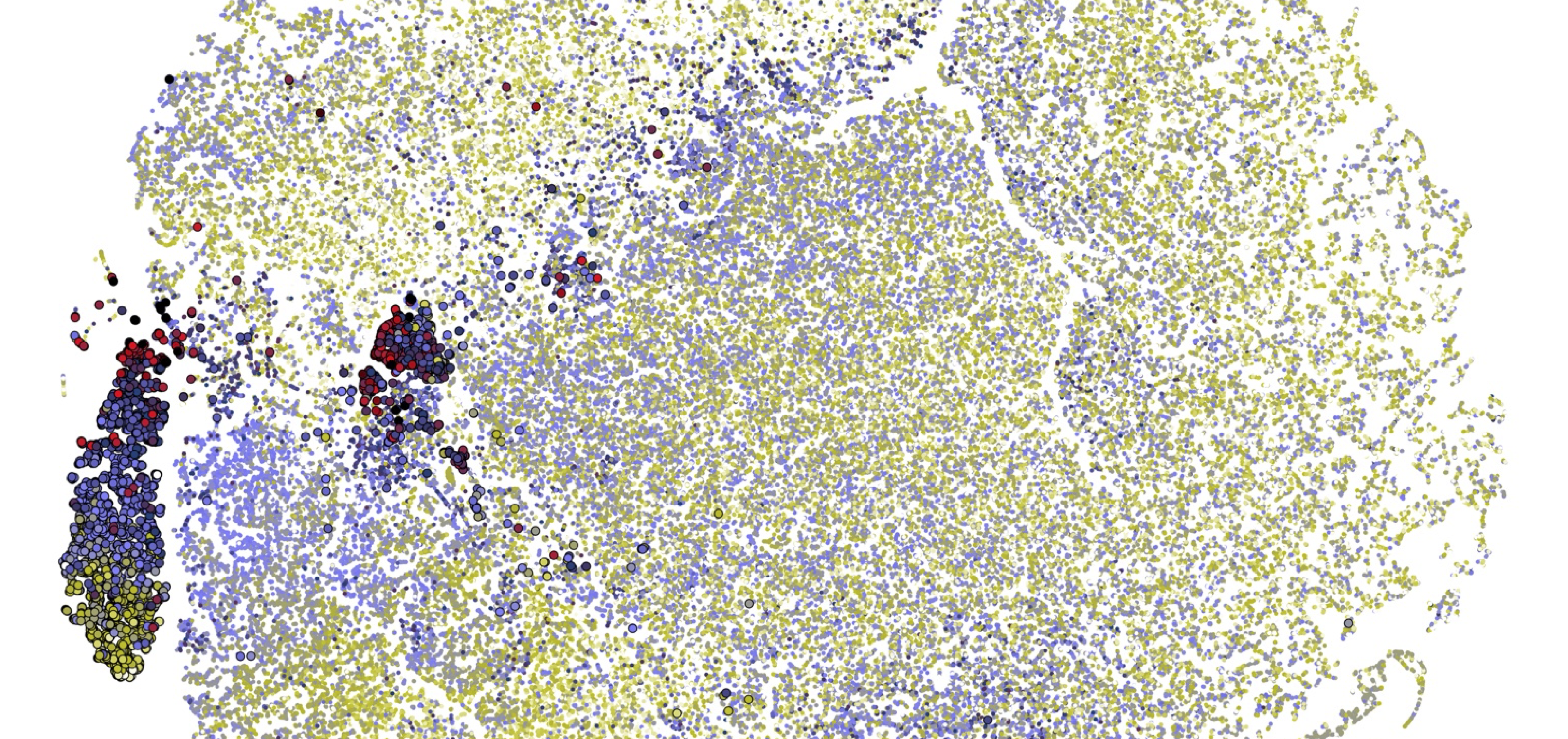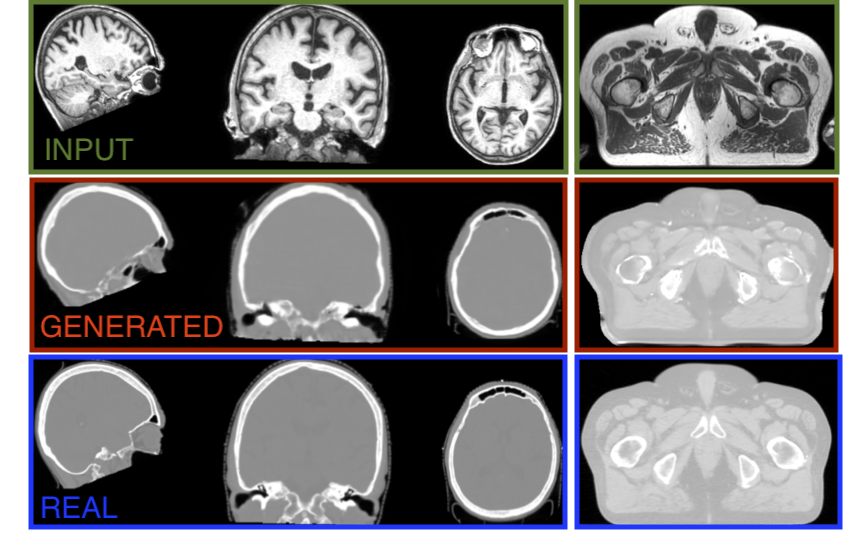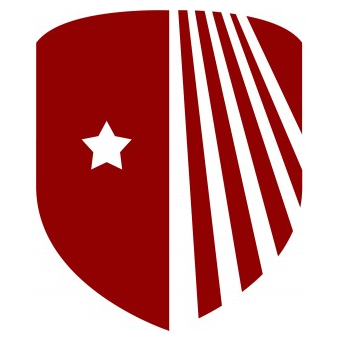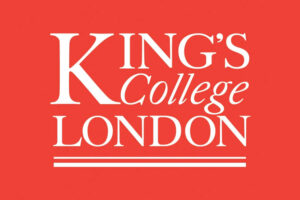PyInterpX
A highly performant, GPU compatible package for higher order interpolation in PyTorch
TorchGRTL
A translation of crucial parts of numerical relativity in torch for superresolition
Multimodal learning
A pytorch codebase for multimodal learning in Astrophysics
GRChombo (renamed GRTL)
An AMR based open-source code for numerical relativity simulations.
Boson Star solver
A python solver that produces fully general relativistic solution for many different types of scalar and proca stars.
Geodesic shooter
A C++ codebase to solve to explore spacetimes with geodesics.
